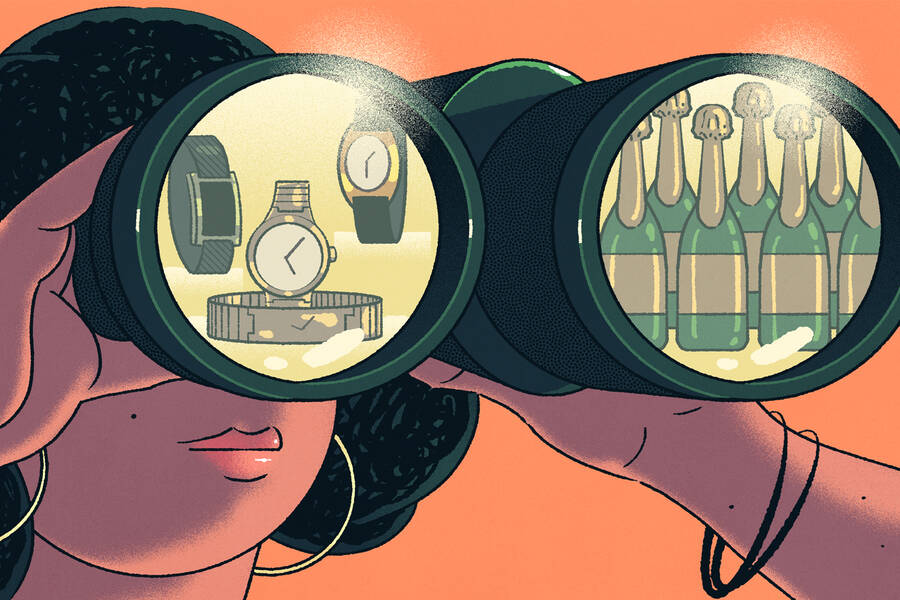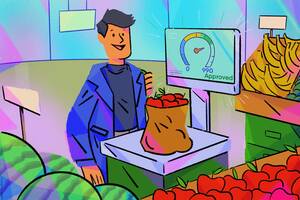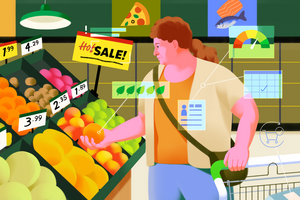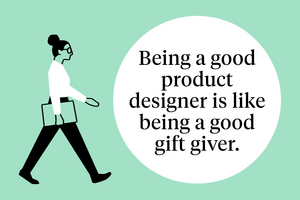Marketing Dec 1, 2023
5 Mindsets That Drive Consumer Behavior
“Fixed” and “growth” aren’t the only mindsets out there. A Kellogg marketing professor explains the surprising ways that our mental states can influence what we buy.
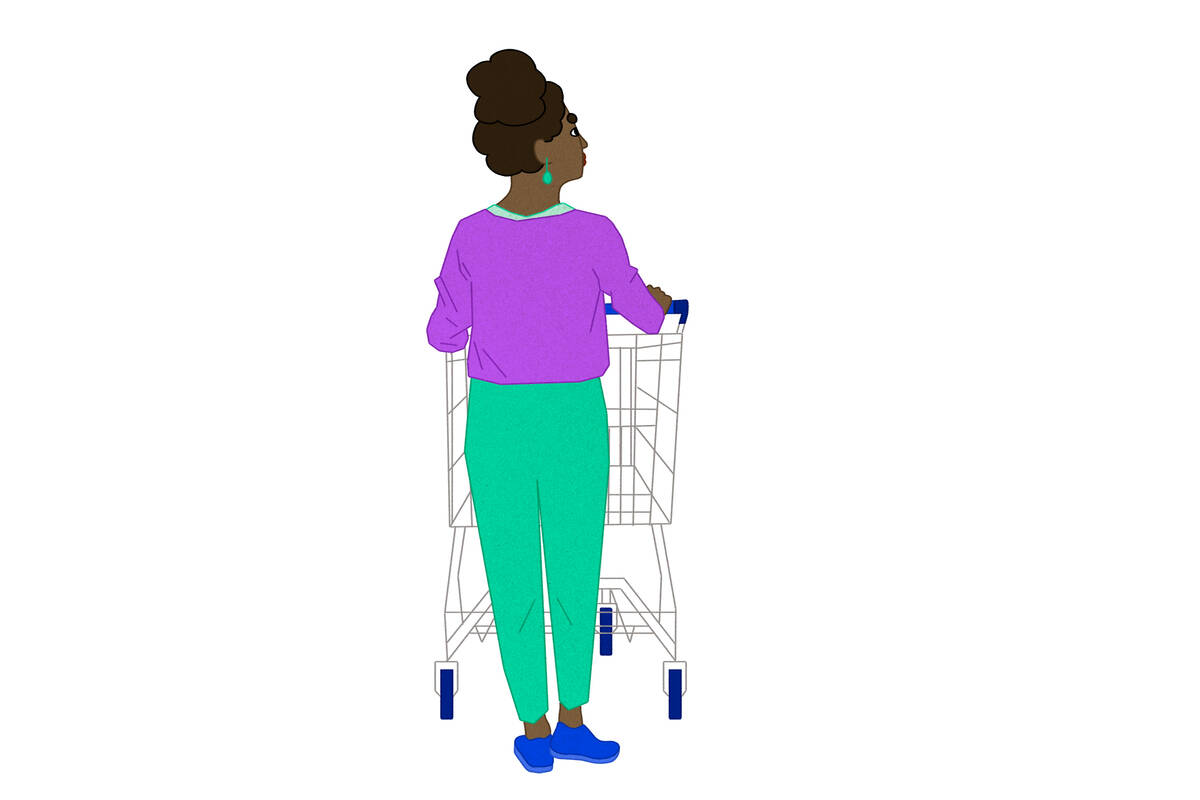
Lisa Röper
If you’re a marketer worth your salt, you’ve probably thought deeply about your customers’ needs and desires. But when’s the last time you considered their mindset?
A mindset is a mental state that affects how we interpret and respond to things in our environment. You may have heard of mindsets in the context of education or career development. People with a “fixed” mindset tend to see abilities as set in stone: predetermined, perhaps by genetics. If you’re bad at math or public speaking, you’ll always be bad, because that’s just how you are. People with a “growth” mindset, on the other hand, tend to see abilities as in flux, influenced by practice or training. With a growth mindset, if you’re bad at math or public speaking, you believe you can improve your skills by taking a course or finding a mentor.
But there are plenty of other, lesser-known mindsets, too. Indeed, research has identified several mindsets that impact purchasing behavior—meaning marketers should take note.
In a recent The Insightful Leader Live webinar, Kellogg marketing professor Angela Lee walked us through some of the mindsets that shape our consumption habits. Here are some highlights from her presentation (or you can watch the entire webinar below).
Comparison mindset: Having a comparison mindset ups our likelihood of purchasing something. This mindset can be primed by asking consumers to make a number of simple comparisons, like deciding which of two animals is faster. Then, when customers are presented with an array of say, chocolates, they are more amenable to making a purchase. “They have already skipped the step of ‘should I buy chocolate or not?’ They are already in the stage of, ‘Which one should I buy?’” says Lee.
Agreeing mindset: Being in an agreeing mindset—primed by exposure to statements or ideas with which we agree—makes us more open to consumption opportunities. We might be more likely to say “yes” to a pleasant vacation destination, or to a more exotic experience, like eating scorpions or starfish. Marketers would be smart to steer clear of programs or contexts—or even controversial news stories—where consumers are likely to disagree with the content as they pitch their products.
Depletion mindset: A depletion mindset is triggered by acts of removal. Think: emptying our pockets, unpacking luggage, or dumping out a water bottle. In this mindset, we aim to conserve and replenish. This means we might be inclined to consume more snacks or purchase more goods, and we’ll also be stingier when we are asked to share our limited resources with others. So a depletion mindset could lead to less charitable giving, for instance.
Promotion mindset: Unlike the previous mindsets, which tend to be momentary responses to specific situations, some mindsets (including the promotion mindset) can be more dispositional—shaped by our personality, culture, or upbringing. In a promotion mindset, we are particularly sensitive to good outcomes. “Now of course we all want good things in life,” says Lee. But people with a promotion mindset are more focused on acquiring additional things—and satisfying their goals, hopes, and aspirations—than on keeping the good things they already have. Promotion-minded individuals are also very future-oriented. Messaging that shows how a product will benefit someone in the future or help them reach their dreams is particularly appealing to customers with this mindset.
Prevention mindset: Another dispositional mindset is a prevention mindset, which in many ways is the opposite of a promotion mindset. In a prevention mindset, we instead are focused more on not losing what we already have. People with a prevention mindset dwell on avoiding negative outcomes and are concerned about the physical, psychological, and financial safety of themselves and their families. They want assurances about the here and now. This makes marketing messaging that assuages our anxieties, or talks up specific safety and security features, very persuasive.
There’s a lot more to say about promotion and prevention mindsets in particular: how they emerge from our evolutionary roots, can differ from culture to culture, and can be harnessed for more-effective public-health messaging. You can learn more by watching Lee’s entire presentation.
Jessica Love is editor in chief of Kellogg Insight.
